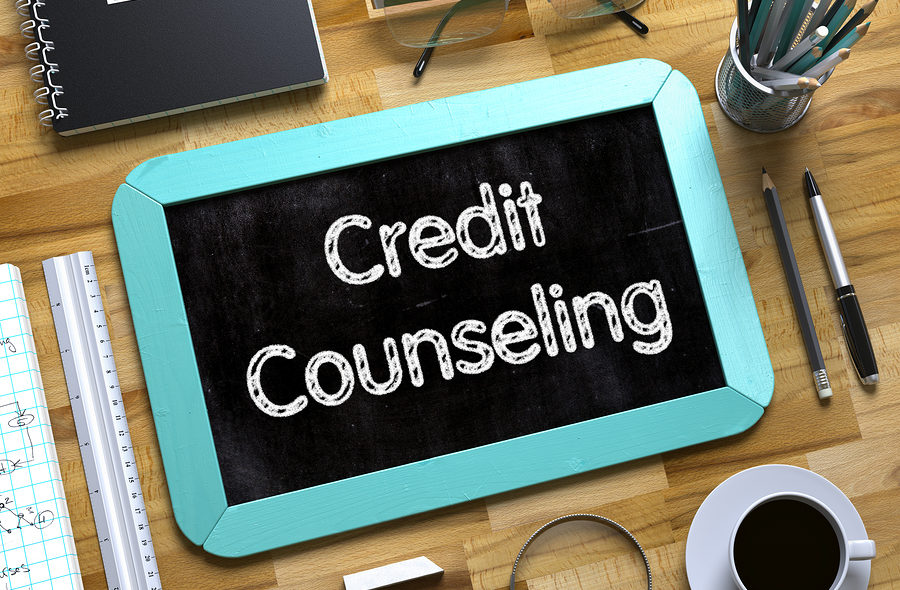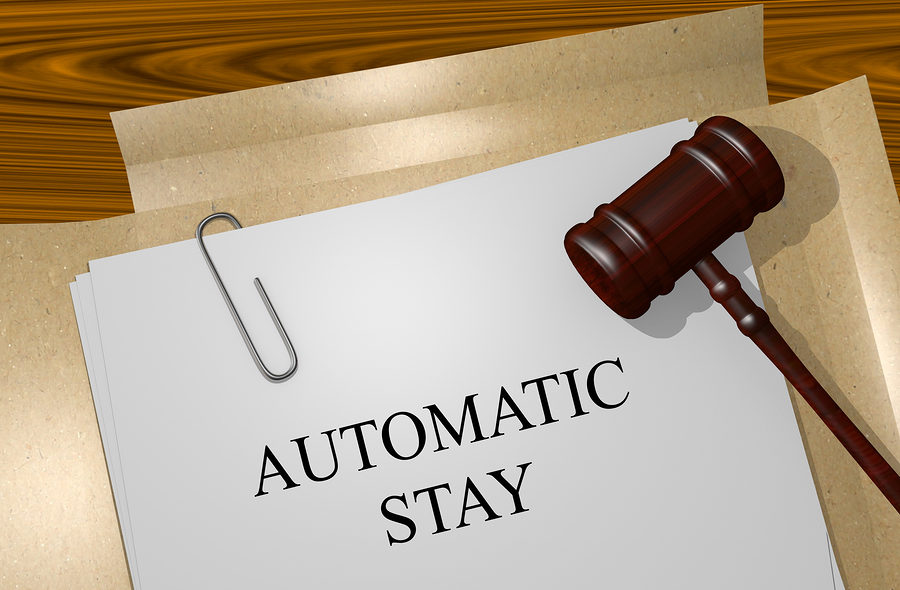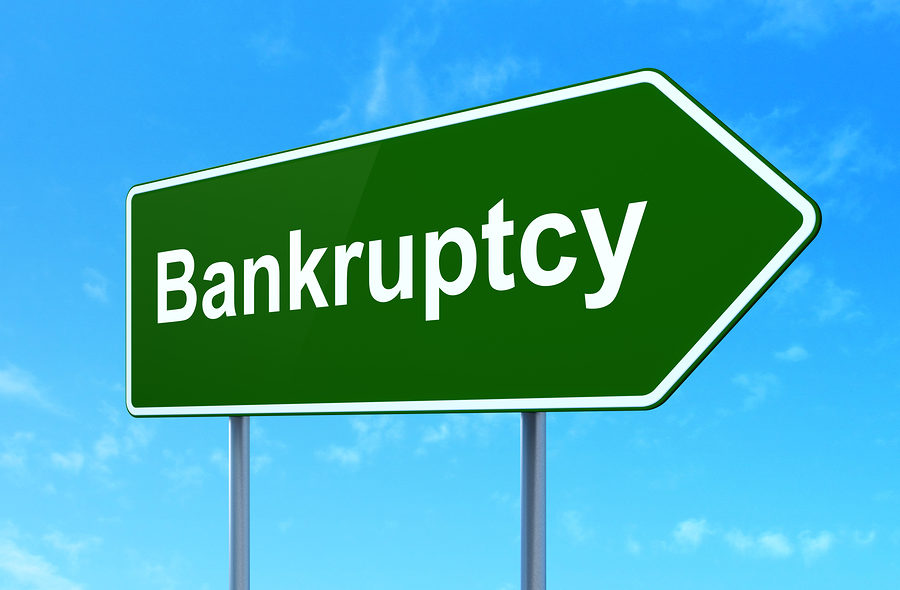More Americans are struggling to pay for their daily expenses and are using credit cards to pay for basic necessities, according to a recent report by Experian. This reliance on credit cards to pay for necessary living expenses puts consumers even deeper into debt. In fact, the report showed that American consumers carry an average of $6,506 in credit card debt.
Approximately 23 percent of those surveyed said that they struggled with paying for their most basic necessities, including rent, food, and utilities, and had to pay for these expenses with their credit cards. Of those consumers surveyed, 12 percent of them reported paying for medical bills with their credit cards.
It has been reported that the middle-class cost of living is now 30 percent more expensive than it was 20 years ago. The costs for essentially everything has increased over the years. According to the Economic Hardship Reporting Project, the cost of tuition at public universities and housing prices have quadrupled between 1996 and 2016.
Not only has the cost of living increased, but the amount of money Americans have in savings has decreased remarkably. A majority of American consumers say they have less than $1,000 in savings. Additionally, 70 percent of them report that they would not be able to get by if their paycheck was delayed by a week, which has many financial experts concerned.
Not all Americans are using their credit cards to pay for daily expenses, however. Many say that their discretionary spending on non-essential items, including entertainment, travel, and clothing, has led to their credit card balances. It is reported that Americans spend an average of $483 a month on eating out, entertainment, and travel, according to Schwab’s 2019 Modern Wealth report.
The average credit card APR is at an all-time high of 17.73 percent, according to CreditCards.com, which makes paying off large credit card balances, very difficult. With an average balance of $6,354, consumers could potentially be paying on these cards for years, if not decades. In fact, if someone has a credit card balance at this national average with a credit card that charges the average APR, he or she could be paying the minimum payment on that card for over 17 years before it is paid off in full. This scenario only works if the consumer stops using the card and does not add any new charges to the outstanding balance.
People living in the Miami metro area, which includes both Fort Lauderdale and West Palm Beach, carry the second-highest credit card debt balances in the country. As bankruptcy attorneys, we see credit card debt as one of the most common problems facing those with serious financial challenges. It is not surprising with the high interest rates, unreasonable fees, harassing debt collection calls, penalties and never-ending minimum payments that do not even make a dent in your actual debt. We offer additional tips for eliminating credit card debt on our blog.
Click here to read more on this story.
If you have questions on this topic or are in financial crisis and considering filing for bankruptcy, contact an experienced Miami bankruptcy attorney who can advise you of all of your options. As an experienced CPA as well as a proven bankruptcy lawyer, Timothy Kingcade knows how to help clients take full advantage of the bankruptcy laws to protect their assets and get successful results. Since 1996 Kingcade Garcia McMaken has been helping people from all walks of life build a better tomorrow. Our attorneys’ help thousands of people every year take advantage of their rights under bankruptcy protection to restart, rebuild and recover. The day you hire our firm, we will contact your creditors to stop the harassment. You can also find useful consumer information on the Kingcade Garcia McMaken website at www.miamibankruptcy.com.




